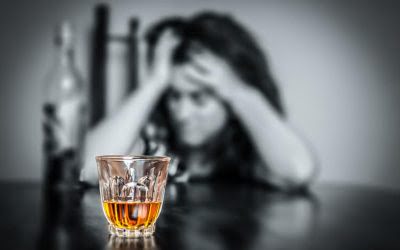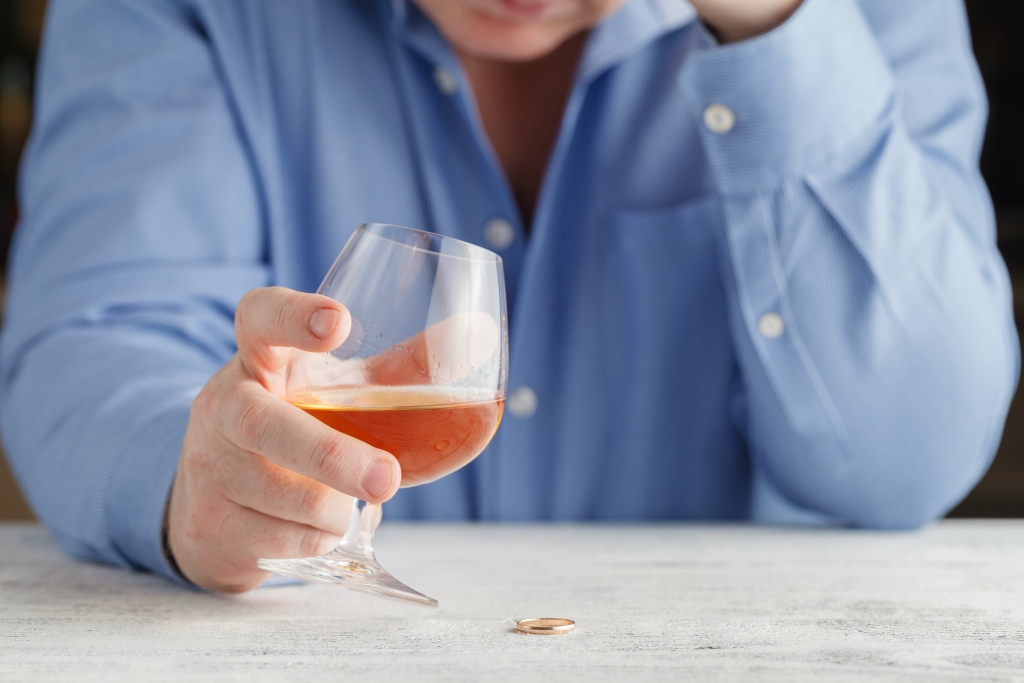Understanding Life Expectancy of an Alcoholic: Risks and Recovery
In addition, people who abuse or are dependent on alcohol are much more likely to why do alcoholics live so long experience a mental health disorder, such as depression. As well as impacting everyday life, mental disorders reduce life expectancy by 14.7 years on average (5)(16). Some older studies have linked modest drinking to positive effects on cognitive function.

How long does it take for the body to recover after quitting alcohol?
- However, when used in conjunction with medical advice, they can provide valuable insights and assist individuals in making informed decisions about their alcohol consumption.
- Needless to say, that’s an extremely important drop in mortality, and we recognize what risk factors raise among people who consume in substantial doses, due to a plethora of studies about the impact of alcohol on the human body.
- Recent studies have provided insights into the complex relationship between alcohol consumption and life expectancy.
- In the aggregate data, neither age- nor sex-specific alcohol consumption data were available.
- While I could find fewer controlled trials demonstrating negative health impacts of low-doses of alcohol, I still did find a couple.
The final stage of an alcohol use disorder is end stage alcoholism, which results from years of alcohol Alcohol Use Disorder abuse. The individual in end stage alcoholism will experience serious mental and physical conditions, including possible life-threatening health conditions. An individual with an addiction to alcohol will move through the stages of the disease as they continue to drink and drink larger quantities. The last stage is end stage alcoholism, which can severely shorten the life expectancy of an alcoholic. During 2011–2015 in the United States, an average of 93,296 alcohol-attributable deaths occurred, and 2.7 million years of potential life were lost annually (28.8 YPLL per alcohol-attributable death) (Table 1) (Table 2).

What Does Research Show Regarding Alcohol and Lifespan?
To measure binge drinking, subjects were asked how often they drank more than six alcoholic drinks per occasion during the half year preceding baseline. Finally, a question provided information on the subjects’ drinking habits 5 years before baseline (Appendix Methods). https://afymproducts.com/2023/03/28/alcohol-cravings-why-they-happen-and-how-to-manage/ Ex-drinkers were defined as participants who were not drinking alcohol at baseline, but who drank alcoholic beverages 5 years before baseline.
- Genetic predispositions also play a role, influencing an individual’s susceptibility to alcohol-related diseases and how their body metabolizes alcohol.
- These health problems can both reduce the number of years that you’ll live as well as reduce the quality of your life.
- Also casting doubt on the results of the positive epidemiological studies are concerns that a lot of them may be funded by the alcohol industry itself and could be biased in their findings.
- Consumption of alcoholic beverages was addressed by questions on beer, red wine, white wine, sherry and other fortified wines, liqueur types containing on average 16% ethanol, and (Dutch) gin, brandy and whiskey.
Disease-Free Lifespan Variations
Therefore, a survival bias may have been introduced in this cohort and may have biased the results towards the null. Third, we did not run a record linkage for all cohort subjects with the Shanghai Vital Statistics Registry data, but only for those who died in order to obtain a confirmation of death. This may have resulted in uncertainty about the vital status of some subjects and thus lead our results towards or away from the null. Fourth, information on the cause of death is always a concern for epidemiological studies. Although we used record linkage with the Vital Statistics Registry data to verify this information, the misclassification of cause of death is not avoidable.


